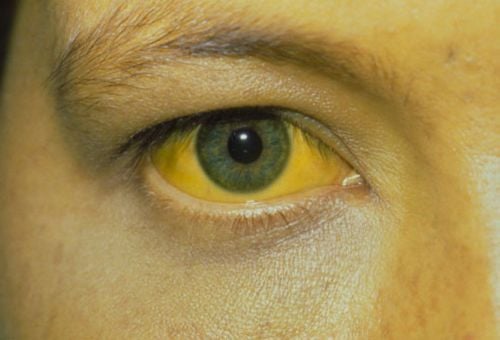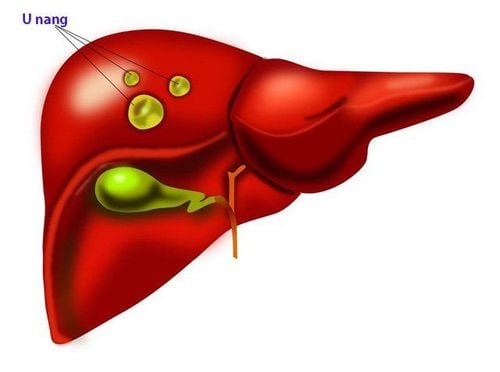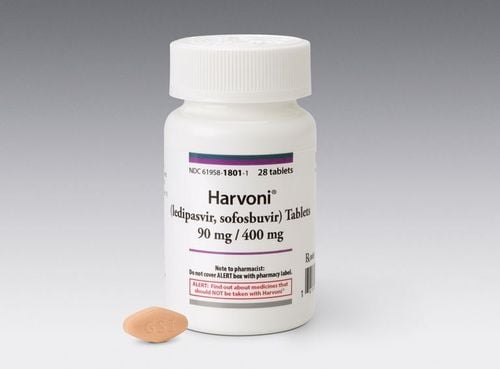This is an automatically translated article.
The article is professionally consulted by Master, Doctor Doan Ngoc Quynh - Pediatrician - Pediatric Center - Vinmec Times City International Hospital.Currently, there is no U.S. Food and Drug Administration-approved vaccine for hepatitis E. However, in 2012, a recombinant vaccine was approved and marketed in the United States. China.
1. Is there a hepatitis E vaccine?
There is currently no vaccine that can prevent hepatitis E virus. Hepatitis E is most common in underdeveloped countries in Asia, the Middle East, Africa, and Central America. You can prevent getting the hepatitis E virus if you take and maintain hygiene and safety measures:Do not drink or use water that you do not know is clean. Do not eat undercooked pork blood soup, deer meat or raw shellfish. Wash your hands with soap after using the bathroom, changing diapers, and before preparing or eating food. Hepatitis E virus is transmitted through feces. An infected person can become infected if he drinks or eats something that has come in contact with the feces of an infected person. Hepatitis E is more common in many parts of the world due to unsanitary hand washing practices and a lack of clean water. This disease is less common in the United States.
You can also get hepatitis E if you eat undercooked meat from an infected animal such as a pig or deer.

2. Hepatitis E
Hepatitis E is a liver disease caused by the hepatitis E virus (HEV). Viruses come in at least four different types: genotypes 1, 2, 3 and 4. Genotypes 1 and 2 are found only in humans. Genotypes 3 and 4 circulate in some animals (including pigs, wild boar and deer) without causing any disease and sometimes infecting peopleMost people with hepatitis E get better in within a few months. Usually, the disease does not lead to long-term illness or liver damage like some other forms of hepatitis. But hepatitis E can be dangerous for pregnant women or anyone with a weakened immune system, including the elderly or sick.
The patient may experience symptoms such as:
Mild fever Fatigue Abdominal pain Light colored stools Skin rash or itching Joint pain Jaundice To make a diagnosis, the doctor will ask about the medical history and detailed information about the symptoms. symptom. Your doctor will order a blood test or stool test to diagnose hepatitis E.

Rest Eat healthy foods Drink plenty of water Avoid alcohol Inform your doctor before taking any any medicine that can harm the liver, such as acetaminophen. If the patient becomes pregnant, the doctor may require hospitalization for monitoring.
Please dial HOTLINE for more information or register for an appointment HERE. Download MyVinmec app to make appointments faster and to manage your bookings easily.
Sources: cdc.gov, who.int & webmd.com













